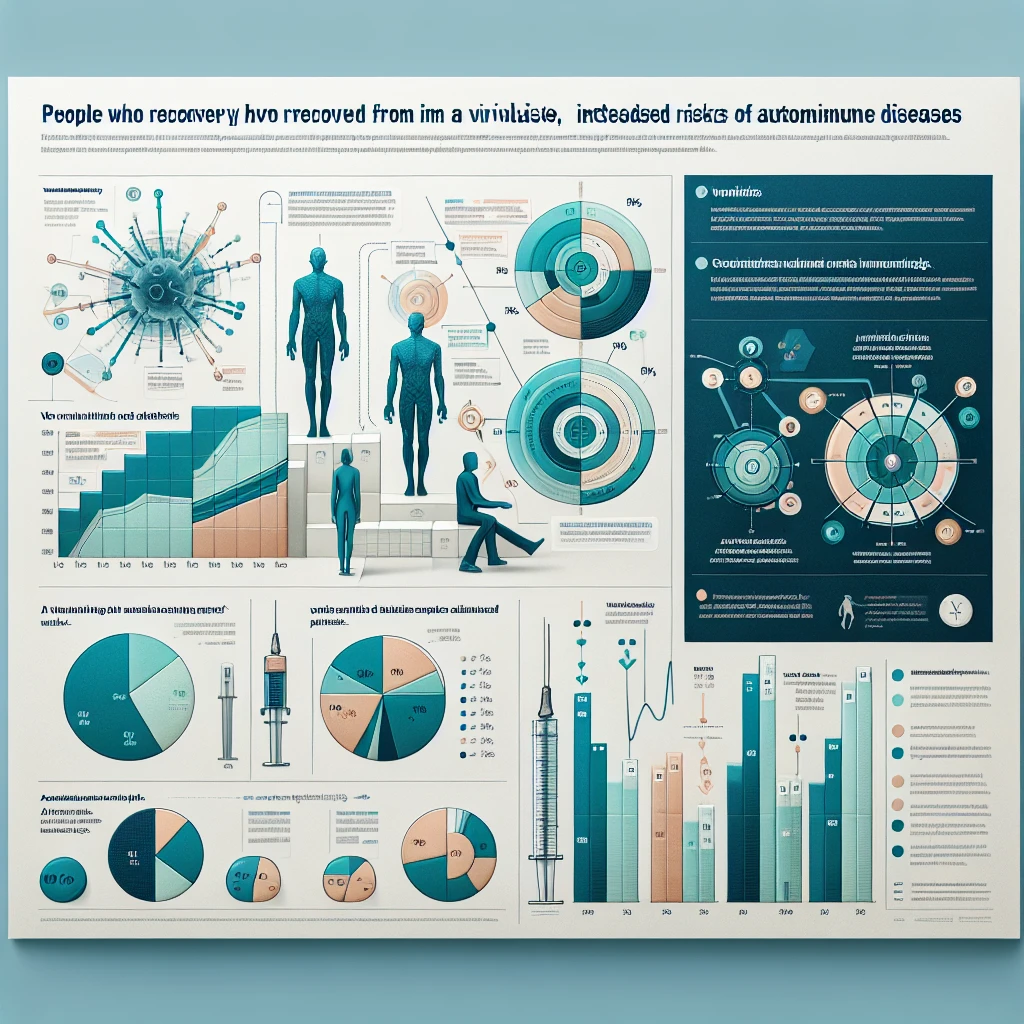Health
Effectiveness of Neuromuscular Electrical Stimulation in Frail Older Acute Myocardial Infarction Patients Post-PCI: A Randomized Controlled Trial
By Alberta Herman
July 1, 2024

Frailty is a significant public health concern, especially in older patients with acute myocardial infarction (AMI) following percutaneous coronary intervention (PCI). Frailty is associated with a poor prognosis and an increased risk of adverse outcomes in these patients. Traditional exercise interventions are commonly used to address frailty; however, they may not be suitable for frail AMI patients post-PCI due to their cardiovascular instability and autonomic imbalance. In this context, neuromuscular electrical stimulation (NMES) emerges as a promising alternative intervention for improving frailty syndrome in these patients.
The study conducted by Xiamin Pu et al. aimed to investigate the effects of NMES on frail older AMI patients after PCI. The randomized controlled trial involved 100 participants who were divided into experimental and control groups. The experimental group underwent NMES therapy on bilateral quadriceps and gastrocnemius muscles daily for seven days post-surgery, while the control group received usual care. Various outcome measures were assessed, including frailty scores, lower limb muscle strength, lower limb muscle mass, activities of daily living score, inflammatory markers, and length of hospital stay.
The results demonstrated that NMES had a positive impact on improving frailty scores, lower limb muscle strength, lower limb muscle mass, and activities of daily living in the experimental group compared to the control group at 4 and 7 days postoperatively. These findings suggest that NMES can enhance lower limb function and alleviate frailty in elderly AMI patients after PCI. The study provides valuable insights into a novel intervention approach for managing frailty in older populations.
Overall, the research conducted by Xiamin Pu et al. highlights the potential benefits of using NMES as an effective rehabilitation therapy for addressing frailty in older AMI patients following PCI. This innovative approach offers a safe, non-invasive method that can improve patient outcomes and quality of life. Further studies are warranted to validate these findings and explore the long-term effects of NMES on overall patient well-being.
In conclusion, addressing frailty in older adults with cardiovascular conditions such as AMI is crucial for optimizing treatment outcomes and enhancing quality of life. Integrating innovative interventions like NMES into clinical practice protocols targeting vulnerable populations, such as those undergoing PCI post-AMI surgery, can lead to improved patient care and better health outcomes overall.
LATEST ARTICLES IN Health
RFX6 Gene Mutation Linked to Diabetes.
Evolution of Foldable Proteins.
New TB Vaccine Results Showcased at FAPESP Week China.
Energy Drinks: Unwanted Heart Risks | Medical News Bulletin.
Join Our Newsletter
Popular Articles
-

Mar 13, 2024
Anyone But You - A Romantic Comedy Surprise of 2023 -

Feb 01, 2024
AI Company About to Revolutionize the Medical Space? -

Mar 20, 2024
COVID-19 Survivors at Risk for Autoimmune Diseases -

Jan 27, 2024
Get Rich in a Year with These 3 Coins!




